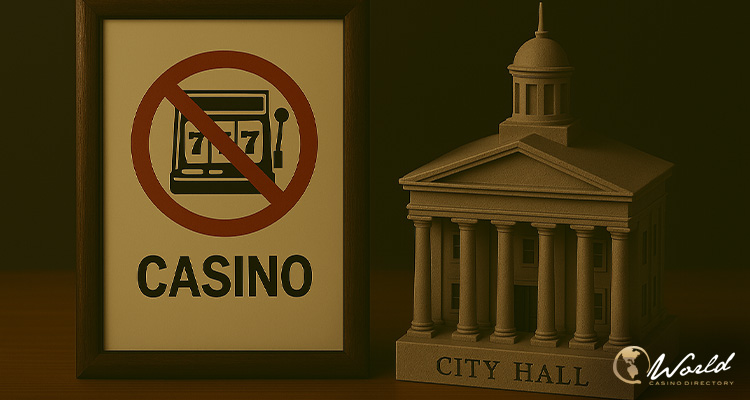In a highly anticipated and contentious meeting, the Las Vegas City Council voted 6-1 to reject the proposed Harlem Nights Casino and Jackson Hotel Resort project. The proposal aimed to construct a large casino and high-rise condominium complex in the Historic Westside of Las Vegas, a neighborhood long associated with the city’s roots. The project, led by developer Shlomo Meiri, was initially envisioned as a catalyst for revitalization, but it faced significant opposition from both city officials and residents.
Community concerns and zoning issues:
The council’s rejection of the project stemmed from multiple concerns, most notably its size and the potential disruption it would cause to the historic neighborhood. Developers had scaled down the original plan from a 60-story tower to a 22-story building, but the proposed structure still exceeded the area’s seven-story zoning limit, making it incompatible with the neighborhood’s existing landscape.
During the meeting, Mayor Shelley Berkley expressed frustration over the lack of progress in addressing community concerns. “You and I have had numerous opportunities to talk about it. It is a very exciting project, but from the first time we talked about this when I was a candidate to now, there has been very little progress on bringing the community into this proposal,” said Mayor Berkley, urging developers to reconsider their approach, as reported by KSNV.
Residents voiced their worries, particularly about the increased traffic and the potential loss of the neighborhood’s character. One resident, Leonard Martin, highlighted how the project could negatively affect the immediate area, particularly his proximity to the development site. Others shared similar sentiments, fearing that the neighborhood would lose its “soul” as development took precedence over its historical identity.
Despite the setback, developer Shlomo Meiri remained defiant. He claimed that the project, which includes a casino, hotel, and residential units, was essential for the revitalization of the Historic Westside. Meiri, who interrupted Councilwoman Shondra Summers-Armstrong during the meeting, later left the room voluntarily before the council’s vote.
Project consultant Jo Kato expressed optimism about the future despite the rejection. “It didn’t go the way we wanted it to go, but we look forward to another opportunity to come with something great,” Kato said. He acknowledged the strong emotions surrounding the decision but remained hopeful about the possibility of reworking the proposal for future consideration.
Neighborhood and economic impact:
The Harlem Nights project, initially estimated to cost $700 million, was conceived as a multi-use development featuring a hotel-casino complex, retail shops, and a 900-seat theater, to boost local employment and attract tourists. Despite the ambitious nature of the plan, opponents questioned its scale and the effect it would have on the Historic Westside’s identity.
Councilwoman Shondra Summers-Armstrong, whose ward includes the Historic Westside, made a clear distinction between revitalization and overdevelopment. “Our community is not looking for a savior. We’re looking for a partner,” she remarked during the meeting, reflecting a sentiment that many residents shared. The Historic Westside has been in decline for years, and while some residents see the project as a potential boon for jobs and economic revitalization, others worry that such large-scale developments would erode the community’s character.
Although the council voted to reject the proposal, the developers may still have an opportunity to move forward with a revised plan. According to city officials, if the developers choose to comply with the existing zoning regulations, they could submit a new proposal within months. However, should they seek to challenge the zoning restrictions again, they would likely have to wait at least a year before reapplying for approval.
For now, the project remains in limbo, with no immediate plans to revisit the city’s zoning laws. However, Meiri and his team have indicated that they will continue to push for a development that they believe will benefit the neighborhood, albeit with modifications to address the concerns raised by the city council and local residents.
The rejection of the Harlem Nights project comes at a time when Las Vegas is grappling with broader economic and tourism challenges. Recent data showed a 5.1% decline in visitor numbers to the Las Vegas Strip, reflecting a broader downturn in both gaming and tourism revenues. Despite this, convention attendance has remained strong, indicating a shift in the types of visitors frequenting the city. The approval of a new baseball stadium for the Oakland Athletics, however, may offer a glimmer of hope for revitalizing the city’s South Strip area.


